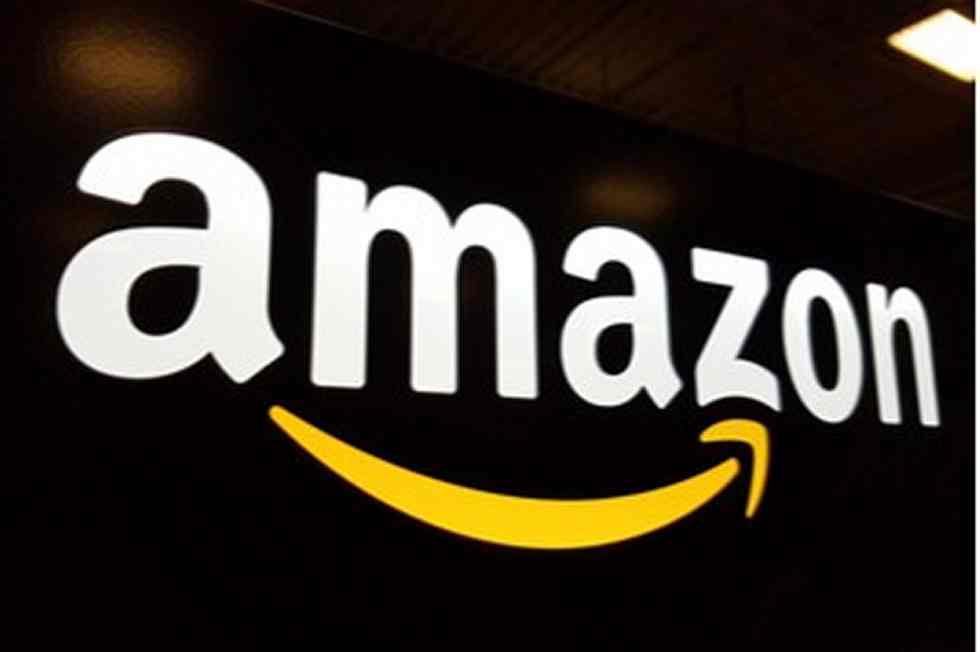
The marketplace for industrial distributors may be very huge, very outdated and closely fragmented, says a brand new report from consulting and market analysis firm McKinsey & Co.
It’s additionally a market that’s ripe for lots extra deployment of B2B ecommerce and general digital know-how; the distributors that embrace such change the quickest stand to achieve extra gross sales—and fare higher in opposition to looming new rivals corresponding to Amazon Enterprise, McKinsey says.
Industrial distributors generate mixed annual gross sales of about $2.5 trillion yearly and account for about 11.4% of the estimated 2019 U.S. gross home product of $21.90 trillion, McKinsey says. It contains within the figures gross sales by distributors of commercial merchandise in such classes as motor autos, electrical, electronics, data know-how, metals and heating, air flow and air-conditioning (HVAC) programs.
Transition to digital commerce—now
However, relying upon the vertical section, industrial distributors are closely fragmented with nobody firm accounting for greater than 15% in whole market gross sales, McKinsey says. As B2B patrons swap extra of how they buy from paper, fax and cellphone to ecommerce, the distributors that make the quickest transition to promoting on-line stand to achieve extra gross sales and generate extra market share, McKinsey says.
“A number of distributors are shifting rapidly to create extra worth by constructing scale, making dramatic advances in industrial and operational excellence, and digitizing to create the seamless, omnichannel experiences that clients now demand,” the report says. “However we count on slower-moving distributors to wrestle—and a few to go the best way of Blockbuster and Borders.”
Industrial distributors must suppose lengthy and exhausting about embracing—or accelerating—ecommerce as a result of the standard methods B2B patrons are buying merchandise is altering, McKinsey says. Extra producers in some markets additionally want to probably bypass extra middlemen corresponding to distributors and promote immediately on-line.
Dow Corning and Kohler stand out
Among the many producers going direct and on-line to busi ness patrons are Dow Corning, which is a unit of Dow Inc., and Kohler Co. “Dow Corning recaptured cost-sensitive clients by establishing Xiameter, a low-cost, web-based model and inside ten years of launch, on-line gross sales accounted for 40% of Dow Corning’s revenues,” McKinsey says. “Kohler, a serious producer of plumbing merchandise, has invested in direct-to shopper and builders’ channels with a state-of-the artwork ecommerce platform and supporting group construction regardless of an intensive community of distributors and retailers who promote its merchandise.”
Industrial distributors that don’t embrace ecommerce—or don’t embrace it quick sufficient—additionally could lose gross sales to new and extra digitally nimble rivals corresponding to Amazon Enterprise, McKinsey says. Particularly, industrial distributors that promote auto elements, electronics and basic industrial merchandise could also be most liable to dropping potential gross sales to Amazon and others, in accordance with the report.
“Digital leaders with top-shelf expertise and deep pockets, together with Amazon and eBay, pose the best risk,” McKinsey says. “By getting into the B2B house, Amazon Enterprise, beforehand referred to as Amazon Provide, threatens to chop many distribution gamers out of the availability chain.”
These most in danger
Different report findings embrace:
- The distributors on the biggest danger dropping digital gross sales to Amazon and eBay are sellers working in massive segments with excessive margins, restricted technical experience, low value-added companies, low buyer buying energy, and easy-to-ship merchandise, McKinsey says.
- The metallic and constructing merchandise segments could face considerably decrease danger as a result of their merchandise are typically exhausting to ship, however Amazon is also now partnering with third-party distributors to ship massive, cumbersome merchandise, corresponding to fridges and lumber, the report says.
- Aggressive threats are usually not confined to digital entrants. Huge-box retailers are additionally difficult conventional distributors, utilizing their analytical prowess and buyer insights to create tailor-made worth propositions for contractors, for instance, and utilizing their massive footprints to supply in-store comfort and prolonged hours.
“The race is on—we count on distribution as an entire to comply with a model of the Amazon mannequin, with simply two or three successful platforms per section,” McKinsey says. “The laggards—maybe nearly all of distributors—will wrestle. Many will turn into commodity distributors, low-margin logistics suppliers on another person’s platform.”
Join a complimentary subscription to B2BecNews, printed 4 occasions per week, protecting know-how and enterprise developments within the rising B2B ecommerce trade. B2BecNews is a publication of DigitalCommerce360.com, whose titles additionally embrace Web Retailer and Web Well being Administration. Contact Mark Brohan, director of B2B e-commerce analysis, at [email protected] and comply with him on Twitter @markbrohan.
Comply with us on LinkedIn and be the primary to know when new B2BecNews content material is printed.
Favourite




















